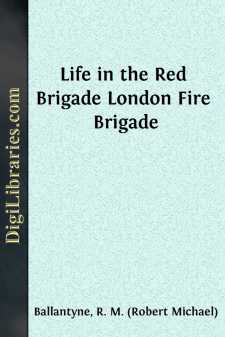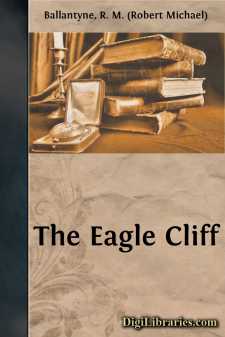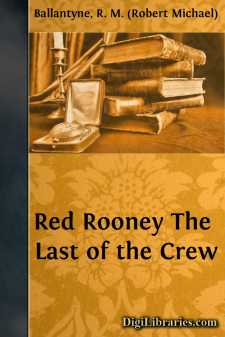Categories
- Antiques & Collectibles 13
- Architecture 36
- Art 48
- Bibles 22
- Biography & Autobiography 813
- Body, Mind & Spirit 142
- Business & Economics 28
- Children's Books 17
- Children's Fiction 14
- Computers 4
- Cooking 94
- Crafts & Hobbies 4
- Drama 346
- Education 46
- Family & Relationships 57
- Fiction 11829
- Games 19
- Gardening 17
- Health & Fitness 34
- History 1377
- House & Home 1
- Humor 147
- Juvenile Fiction 1873
- Juvenile Nonfiction 202
- Language Arts & Disciplines 88
- Law 16
- Literary Collections 686
- Literary Criticism 179
- Mathematics 13
- Medical 41
- Music 40
- Nature 179
- Non-Classifiable 1768
- Performing Arts 7
- Periodicals 1453
- Philosophy 64
- Photography 2
- Poetry 896
- Political Science 203
- Psychology 42
- Reference 154
- Religion 513
- Science 126
- Self-Help 84
- Social Science 81
- Sports & Recreation 34
- Study Aids 3
- Technology & Engineering 59
- Transportation 23
- Travel 463
- True Crime 29
Life in the Red Brigade London Fire Brigade
Categories:
Description:
Excerpt
Chapter One.
Wet, worn and weary—with water squeaking in his boots, and a mixture of charcoal and water streaking his face to such an extent that, as a comrade asserted, his own mother would not have known him—a stout young man walked smartly one morning through the streets of London towards his own home.
He was tall and good-looking, as well as stout, and, although wet and weary, had a spring in his step which proved beyond all question that he was not worn-out. As the comrade above referred to would have said, “there was plenty of go in him still.” His blue and belted coat, sailor’s cap, and small hatchet, with the brass helmet swinging by its chin strap on his left arm, betokened him a member of “The Red Brigade,”—a London fireman—one of those dare-anything characters who appear to hold their lives remarkably cheap, for they carry these lives in their hands, as the saying goes, night and day; who seem to be able to live in smoke as if it were their native element; who face the flames as if their bodies were made of cast iron; and whose apparent delight in fire is such that one is led to suspect they must be all more or less distantly connected with the family of Salamander.
The young man’s expression of countenance, as far as it could be discerned through the charcoal and water, was hearty, and his name—Dashwood—was in keeping with his profession. The comrade, whose opinion we have already quoted, was wont to say that he ought to change it to Dashwater, that being his chief occupation in life. We need scarcely say that this comrade was rather fond of his joke.
Arrived at a small street, not far from the Regent Circus, young Dashwood entered a fire-station there, and found the comrade above referred to in the act of disposing himself on a narrow tressel-bed, on which there was no bedding save one blanket. The comrade happened to be on duty that night. It was his duty to repose on the tressel-bedstead, booted and belted, ready at a moment’s notice to respond to “calls.” Another fireman lay sleeping at his side, on another tressel-bed, similarly clothed, for there were always two men on duty all night at that station. The guard-room, or, as it was styled, the “lobby,” in which they lay, was a very small room, with a bright fire in the grate, for it was winter; a plain wooden desk near the window; a plain deal table near the door, on which stood four telegraphic instruments; and having the walls ornamented with a row of Wellington boots on one side, and a row of bright brass helmets on the other, each helmet having a small hatchet suspended by a belt below it.
The comrade, who looked very sleepy, glanced at a small clock, whose tick was the only sound that fell upon the ear, and whose hands indicated the hour of half-past two.
On hearing the door open, the comrade, whose name was Bob Clazie, raised himself on one elbow.
“Ah, Joe,—that you?” he said, with a somewhat violent yawn.
“All that’s left of me, anyhow,” replied Joe Dashwood, as he hung up his helmet and axe on his own particular peg....












